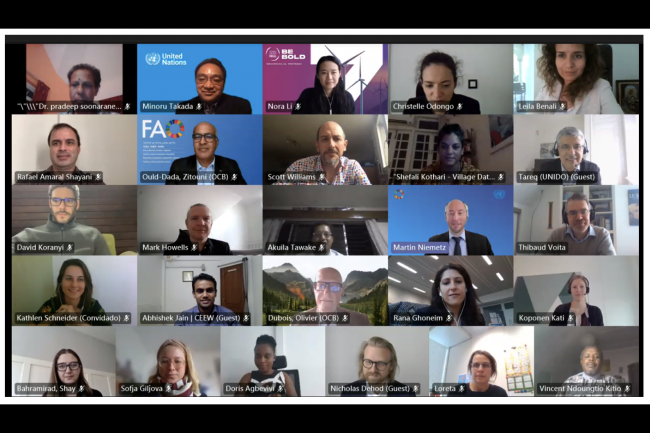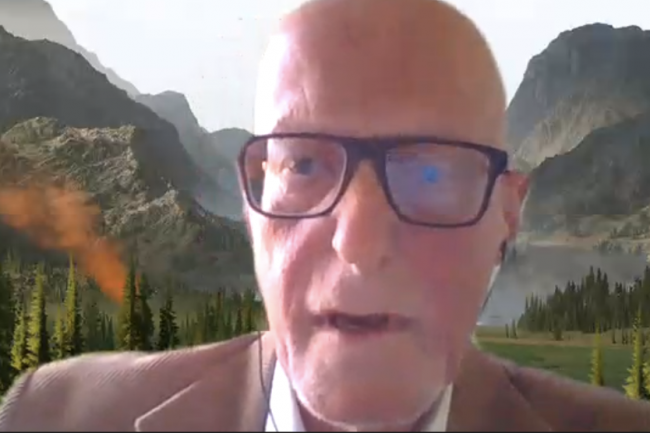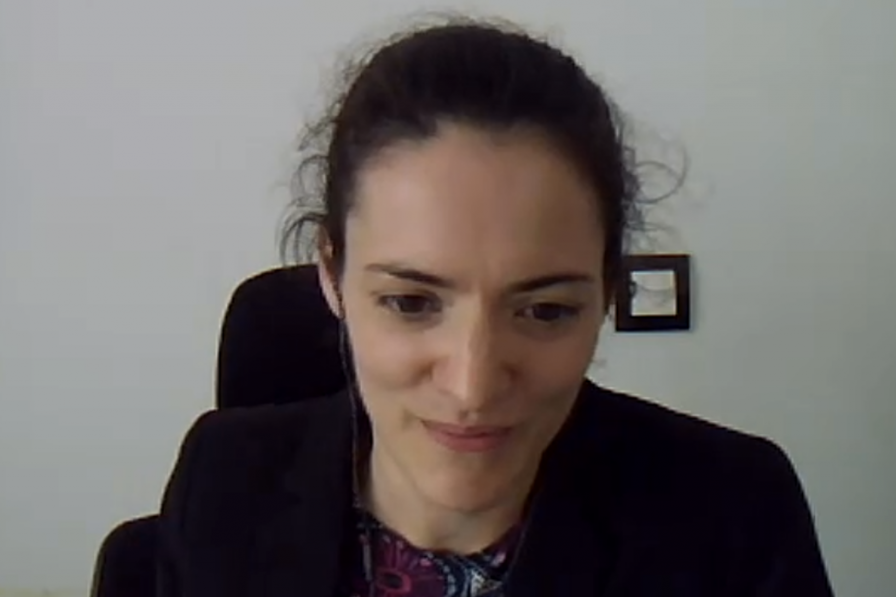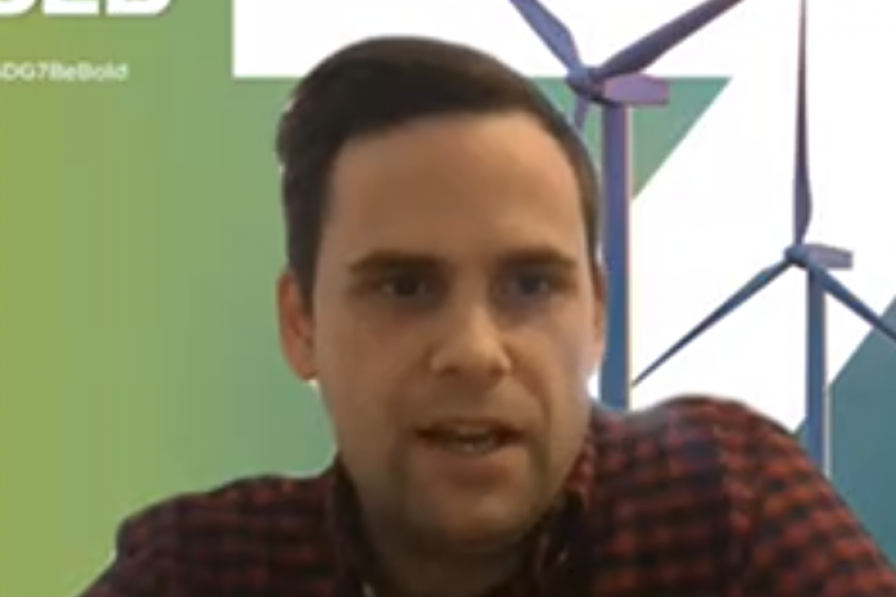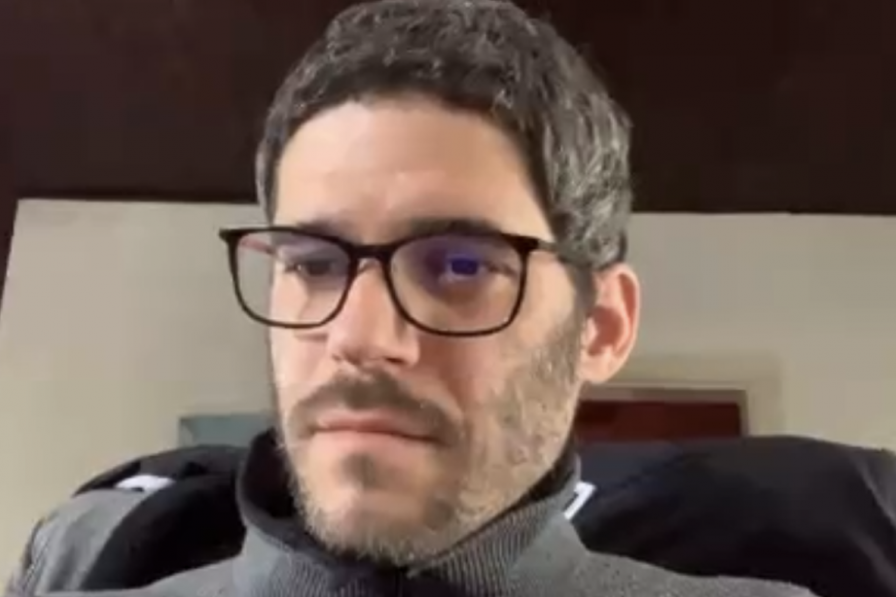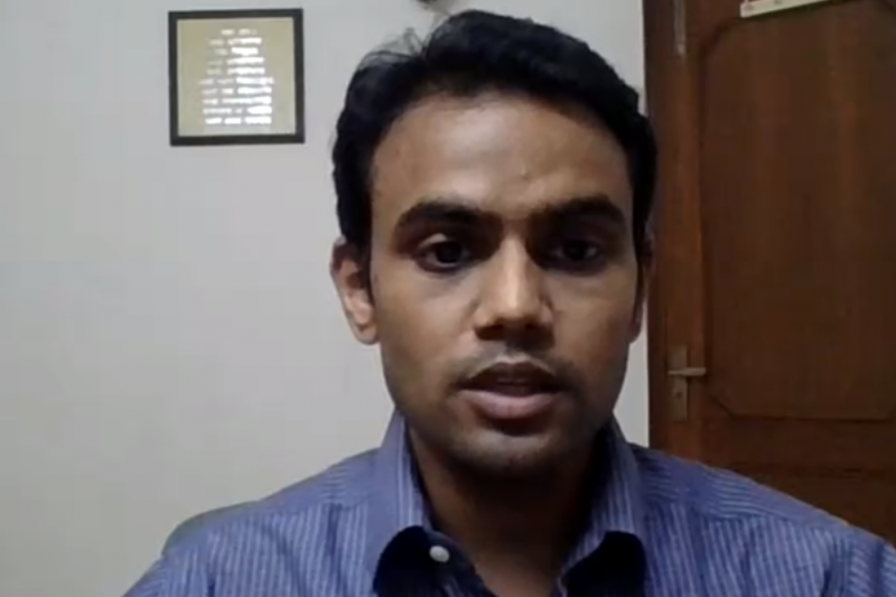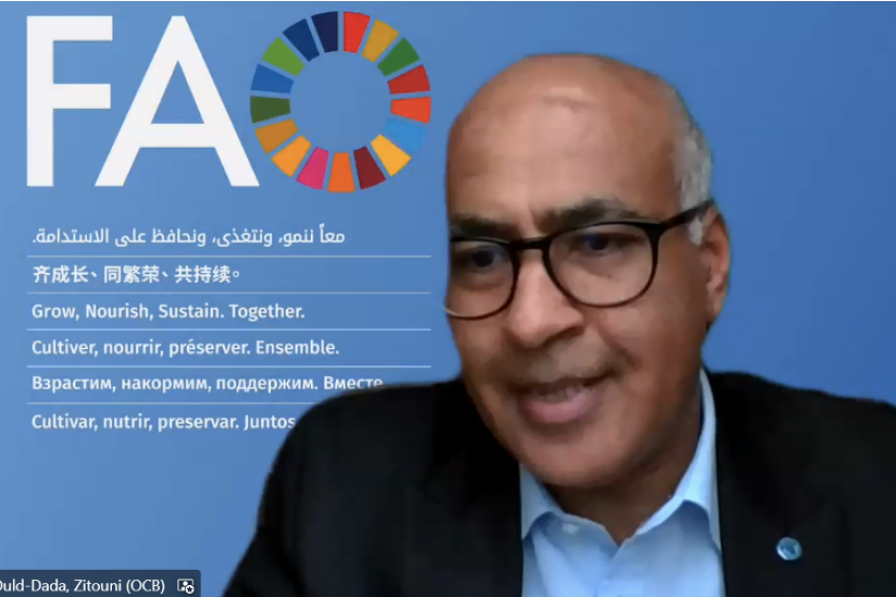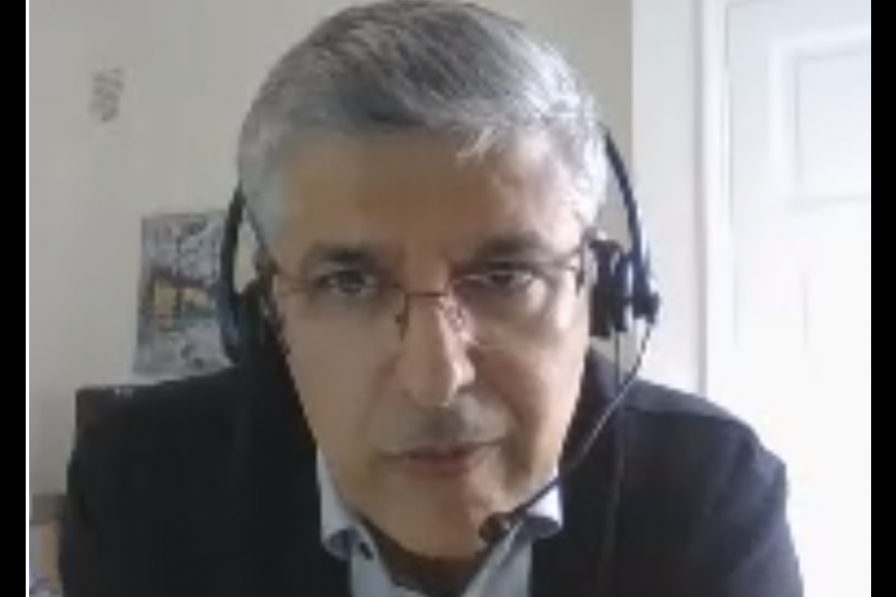The second meeting of the Technical Working Group on Innovation, Technology, and Data focused on the draft report prepared by the three co-leading entities for the group: the UN Industrial Development Organization (UNIDO), the Food and Agriculture Organization of the UN (FAO), and the UN Human Settlements Programme (UN-Habitat).
Key messages included: the need to use data to leverage investment in innovative technologies; a desire to focus more on energy as a service and prioritize innovations on end-use; and the importance of supporting innovation in a broad sense, not only related to technology but also financial and social elements.
The Working Group is one of five that are preparing a roadmap for presentation at the High-Level Dialogue on Energy in September 2021. The Technical Working Group on Innovation, Technology, and Data first met on 2 March 2021, to provide initial input for the roadmap. Forty-five experts participated in the second meeting, on 13 April 2021.
Presentation of Draft Report
Opening the meeting, Vincent Ndoungtio Kitio, Chief, Urban Energy Unit, Urban Basic Services Branch, UN-Habitat, said the group’s inputs during the first meeting had been valuable in developing the draft report that will contribute to the global roadmap. He reiterated that the objective is to find ways to increase access to energy, achieve SDG 7 (affordable and clean energy), and reach the Paris Agreement’s target of carbon neutrality by 2050.
Olivier Dubois, Office of Climate Change, Biodiversity and Environment (OCB), Food and Agriculture Organization of the UN (FAO), presented the draft report on applying innovation, technology, and data to accelerating progress on the targets of SDG 7 and the goal of net zero carbon emissions by 2050. He emphasized that in discussing innovation, the report takes a broad view and considers financial and social dimensions, in addition to technical innovation.
Dubois explained that technology innovations are needed to: improve energy efficiency; increase electrification; and boost hydrogen energy and bioenergy with carbon capture utilization and storage (CCUS). However, technological innovations are not enough. Financial innovations can help energy developers by reducing the investment burden and helping to assess energy demand, and they can help energy consumers by making energy more affordable and improving the performance of clean energy appliances. He said social innovations are also needed to enhance acceptance of clean energy and increase citizen participation. He noted that data plays an important role in the social aspect of accelerating change, and said scaling up successful social innovations on energy relies on strong local governance and a history of collective action.
Dubois said challenges to adopting innovations include that the slow pace of regulations delays implementation of innovations, and vested interests in maintaining the status quo. He noted that distorted incentives currently favor fossil fuel options, leading to continuous investment in those stranded assets.
Presenting the draft recommendations contained in the report, Dubois said focusing more on energy as a service would allow for prioritizing innovation in end-use sectors such as buildings, industry, transport, and food, which would help ensure energy benefits everybody.
The recommendations outlined in the report include:
- Support research, development, and demonstration (RD&D) by adopting innovation policies that provide direction for solving challenges of technology innovation and affordability, and organizing calls for energy innovations.
- Leverage the power of digitalization by scaling up existing examples of digital technology use in clean energy systems, and reducing the digital divide by enhancing access to digital infrastructure.
- Enhance data systems to inform planning and drive investments by building stronger links between energy supply planning and energy demand data (geospatial platforms, digital platforms, remote sensing), to provide evidence of demand.
- Strengthen global and national cooperation and knowledge sharing by supporting established platforms and organizing knowledge-sharing among energy and energy-user sectors.
- Develop demand-oriented policies with the goal of building up a market to motivate investment in supply.
- Strengthen energy governance and create institutional mechanisms that link supply to demand, and reorient subsidies from fossil fuel sources to clean energy solutions.
Discussion
We choose clean water over dirty water even when it’s more expensive. But electricity looks the same in your house whether it comes from clean sources or dirty ones. We need education to understand the difference. –Participant in break-out session
The Technical Working Group split into three smaller groups to exchange views on the draft report as presented by Dubois and select priority recommendations. Rapporteurs from each group then reported back on the main points discussed.
Some participants said the report’s recommendations should be more tangible and tailored for specific audiences (national level, local level, etc.), so that potential next steps are clear. One suggested emphasizing that innovation for the energy transition has already come a long way, which now allows attention to shift to the remaining needs.
Participants said the report should: suggest a mechanism to close the funding gap for innovation; call for aligning energy policies with those for other SDG areas (agriculture, climate, jobs); be technology-neutral and provide more discussion on CCUS; and feature education as part of social innovation.
Participants expressed a desire for more attention on data governance, including accountability and transparency for data methodologies. They said this action should apply, for example, to measuring the success of a government’s net-zero commitment. Speakers also said data is needed to ensure that the technology being developed and deployed is really reducing carbon and helping reach the global goals.
In a question-and-answer session on the report, moderator Zitouni Ould-Dada, Deputy Director, Office of Climate Change, Biodiversity and Environment, FAO, pressed the Group to identify recommendations for actions to accelerate progress, noting only nine years remain to achieve the SDGs. One participant called for an emphasis on clear data that can be audited, which he said would speed up investment. Another participant added that – in addition to using data to provide evidence to attract investment in successful innovations – data is important as a planning tool.
One speaker stressed the need to create momentum among innovators, noting the importance of battery storage for energy access in remote areas.
The discussion also highlighted the idea that “cheap is expensive:” energy from coal or fossil fuels seems cheap, but has a high environmental cost. Speakers said the report could draw attention to this fact by noting the carbon footprint or other environmental cost associated with each element.
Next Steps
Minoru Takada, Team Leader, Secretariat of the High-level Dialogue on Energy, UN Department of Economic and Social Affairs (DESA), presented the way forward on the two outcomes of the High-level Dialogue on Energy. The first outcome is the global roadmap currently being drafted by the five technical working groups. The remaining steps in this process are to complete the second round of meetings for the working groups, prepare a final draft of each report, and launch them during a series of Ministerial Thematic Forums scheduled to take place virtually from 21-25 June 2021.
The second outcome of the High-level Dialogue will be a set of Energy Compacts representing voluntary commitments to action by a variety of stakeholders. Takada said the Secretariat is planning workshops to explain the Compacts and help stakeholders select activities to include.
In his closing remarks, Tareq Emtairah, Director, Department of Energy, UNIDO, said improving “innovation ecosystems” to increase adoption of clean energy is not just a question of technology but of economic development and prosperity. Emtairah expressed appreciation for the writers and researchers at each co-lead agency who helped prepare the draft report.
To receive continuing coverage of this event delivered to your inbox, subscribe to the ENB Update newsletter.
